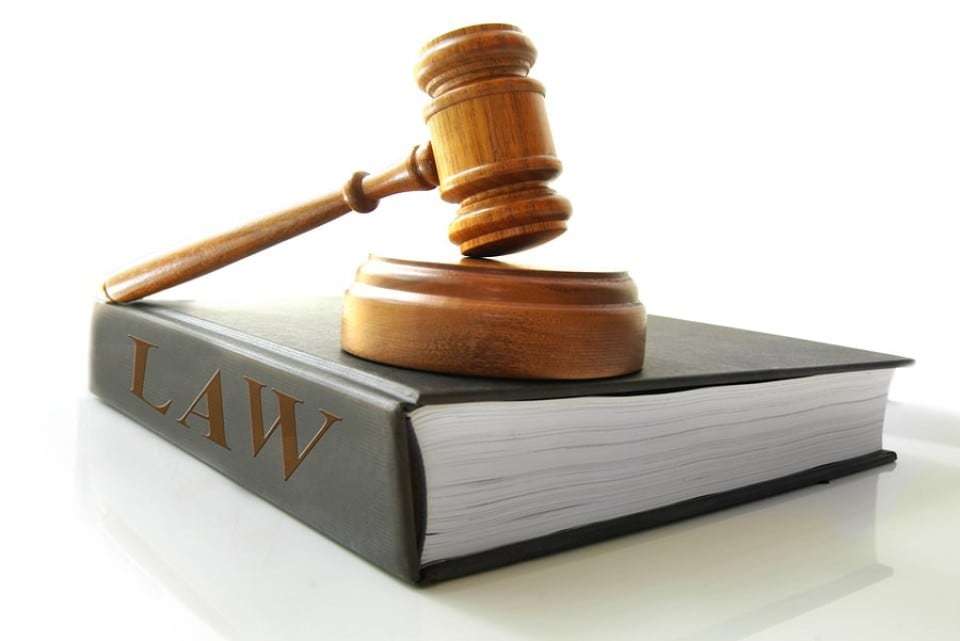The Volokh Conspiracy
Mostly law professors | Sometimes contrarian | Often libertarian | Always independent
How 'ideologically uniform' is the legal academy?

How much more liberal are law professors than members of the legal profession? A new paper by Adam Bonica (Stanford University), Adam S. Chilton (University of Chicago), Kyle Rozema (Northwestern University) and Maya Sen (Harvard University), "The Legal Academy's Ideological Uniformity," provides some answers. Their bottom line: The legal academy is significantly more liberal than the legal profession, which is notable because the legal profession itself is more liberal than the public at large.
Here is how the authors summarize some of their findings:
We find that approximately 15% of law professors are conservative and that only approximately one out of every twenty law schools have more conservative law professors than liberal ones. In addition, we find that these patterns vary, with higher-ranked schools having an even smaller presence of conservative law professors. We then compare the ideological balance of the legal academy to that of the legal profession. Compared to the 15% of law professors that are conservative, 35% of lawyers overall are conservative. Law professors are more liberal than graduates of top 14 law schools, lawyers working at the largest law firms, former federal law clerks, and federal judges. Although we find that professors are more liberal than the alumni at all but a handful of law schools, there is a strong relationship between the ideologies of professors from a law school and the ideologies of alumni from that school. However, this relationship is weaker for schools with more conservative alumni.
These findings are based upon an examination of reported political donations. While this is an admittedly imperfect measure of ideology, it does allow for comparisons across population groups. Moreover, reliance on political donations is less selective than one might think, as the authors report that more than 60 percent of law professors made reported political donations between 1979 and 2014.
Although the authors believe that other factors explain some of the split between the ideology of legal academics and legal practitioners, even after accounting for such factors, they find that law professors are significantly more liberal than lawyers generally.
Does this matter? I've certainly argued that the ideological uniformity of legal academia affects teaching and scholarship (most recently here). The authors of this study suggest that it could also affect the political relevance and influence of law professors. They write:
… the ideological tilt of the legal academy has potentially broad implications. For instance, because law professors are overwhelmingly liberal, groups of law professors advocating for liberal positions can easily be marginalized. For example, after Jeff Sessions was nominated as Attorney General in 2016, over a thousand law professors signed a letter opposing his confirmation. This letter was criticized by some as simply representing the views of the left leaning legal academy . . . . To assess … these criticisms, we match the signatories of the letter to our sample of law professor ideology, and find that only 4% of the signatories that appear in our data are conservative. This raises the question of whether the reception to the letter would have been different had more conservative law professors signed the letter. Although we have no way to answer this question, the endeavor might have been given more credence had more conservative professors participated in the letter: observers might have been less likely to expect Republican-leaning law professors to oppose Sessions ideologically, thus making such criticisms more powerful and effective. We argue that this example illustrates that the legal academy's ideological uniformity limits its political credibility.
One could extend this analysis to current controversies at state universities, such as proposed measures to curtail tenure or limit the activities of legal clinics and academic centers at state universities. Appeals to "academic freedom" are less convincing when the only ones in a position to benefit from such principles sit on one side of the aisle.
Writing in opposition to a proposed measure in North Carolina that would prohibit the University of North Carolina School of Law's Center for Civil Rights from engaging in litigation, Gene Nichol suggested the center's critics are "nakedly ideological" because they would have no problem with law school programs enlisting students in efforts to protect gun rights or religious liberty. He might be right, but how would we know? It's not as if UNC's law school has any such programs, or even a critical mass of right-leaning faculty members. I agree with much that Nichol has to say in his piece, but I also suspect his arguments would be more persuasive to a Republican-dominated state legislature if there were more ideological diversity on UNC's law faculty and within the law school's academic programming.
Assuming there is substantial ideological uniformity in the legal academy, and that this is a problem, there remains the problem of what to do about it. Here the authors of the above-mentioned study note that remedial measures, such as some sort of "affirmative action" for right-leaning faculty, could compromise efforts to advance other values. I agree. However well-intentioned, heavy-handed efforts to impose "balance" on law school faculties could do more harm than good. I believe law schools should seek to encourage more viewpoint diversity within their ranks, but I oppose any such efforts that involve quotas or rigid requirements. This Iowa proposal to require partisan balance in university hiring, for example, strikes me as a supremely bad idea.
In my opinion, the way forward begins with efforts to cultivate an appreciation of the value of differing perspectives and viewpoints and a broader recognition that ideological uniformity undermines effective legal education. The first step toward a solution is recognizing there's a problem.


Show Comments (0)